PFAS Team - 2022 Award for Development of a Solution

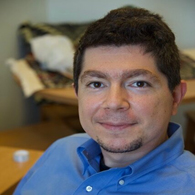
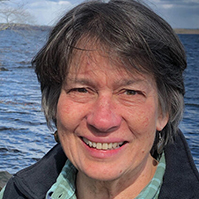
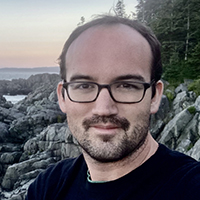
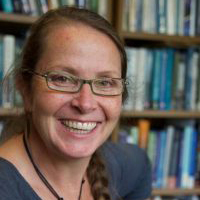
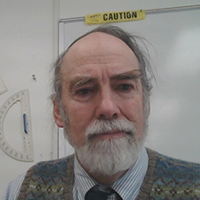
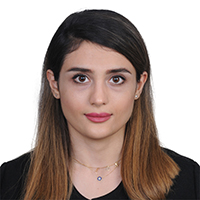
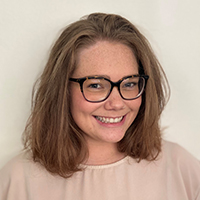
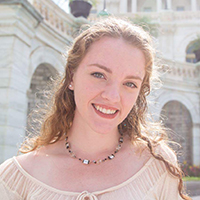
Award Acceptance - Sonia Moavenzadeh
Ph.D. student, UMaine Civil and Environmental Engineering Department
I am thrilled and deeply honored that my research group and I have been selected to receive the 2022 Mitchell Center for Sustainability Solutions Award for Outstanding Contribution toward the Development of a Solution. This recognition represents the culmination of our collective efforts in investigating of PFAS contamination and developing strategies for its management in the environment. Our work is of critical importance to protecting our environment and public health, and it is a privilege to be recognized for our contribution to this important field of research. Being a part of this project has been an immensely rewarding experience, and it has strengthened my commitment to sustainable solutions and environmental protection.
My research on PFAS movement and interaction with HDPE geomembrane has the potential to make a significant difference in managing and mitigating the impacts of PFAS contamination on the environment and public health. I have contributed to this field by exploring the adsorption of PFAS compounds onto landfill geomembrane and evaluating their effectiveness in containing PFAS-laden leachate, which is an important area of study as landfills are a significant reservoir of PFAS. Furthermore, this research has contributed to raising awareness of the need for continued research and management efforts to address the urgent environmental challenges posed by PFAS contamination. This research highlights the importance of interdisciplinary collaboration and sustainable solutions in mitigating the impacts of PFAS contamination and shaping environmental engineering practices for years to come.
Through my research, I have gained a deeper understanding of the complexities of PFAS contamination, and the challenges involved in developing effective solutions to address it. I have developed new expertise in areas such as materials science, environmental chemistry, and analytical techniques, which can be applied to future research endeavors. Moreover, the passion and dedication that I have developed throughout this work have strengthened my commitment to environmental protection, and this will undoubtedly drive my future efforts. This experience has inspired me to continue exploring new and innovative ways to tackle environmental challenges and to promote sustainable development practices in my future work. I am confident that this experience will have a lasting impact on my professional growth and my ability to contribute meaningfully to environmental research. Our work on PFAS contamination is a critical issue facing our society today. Other researchers can be involved in my work by collaborating on investigations, providing feedback, and developing innovative strategies for reducing PFAS contamination. Policymakers can enact regulations that limit the use and release of PFAS compounds, industry professionals can adopt best practices for managing contamination, and the general public can advocate for stronger regulations and reduce their use of PFAS-containing products. Community engagement can ensure that research and solutions developed are relevant and responsive to the needs and concerns of affected populations. Together, we can make significant progress in protecting our environment and public health from the impacts of PFAS contamination.
Award Acceptance - Charity Zimmerman
Masters student, UMaine School of Economics
On behalf of the economics team:
We were deeply honored and proud to be recognized by the Mitchell Center for Sustainability Solutions Award for Outstanding Contribution toward the Development of a Solution. As part of our efforts on this interdisciplinary team, we distributed a survey to a random sample of Mainers to elicit feedback about the very different preferences people in our state have regarding PFAS contamination. We believe giving voice to the preferences held by Mainers about addressing this emerging and growing threat of PFAS in Maine and beyond is important for building trust amongst our community members. Additionally, providing information about citizen preferences for options to address PFAS contamination can help policy and decision makers as they move forward with possible solutions. Participating in this work as part of a broad interdisciplinary team has allowed us to get out of comfort zones and push ourselves in a way that isn’t always possible when working strictly within one discipline. We have been exposed to different perspectives and solutions that would be harder to grasp without the connection to such a diverse team. We would encourage researchers and interested parties to get involved by staying informed about new developments regarding PFAS, as new information seems to surface constantly. As social scientists, we would also encourage people to be open to engaging with surveys! We live in an age where survey exhaustion can run rampant, but if you believe a topic is important and have the opportunity to participate and provide your feedback, we hope you will be inclined to do so!
